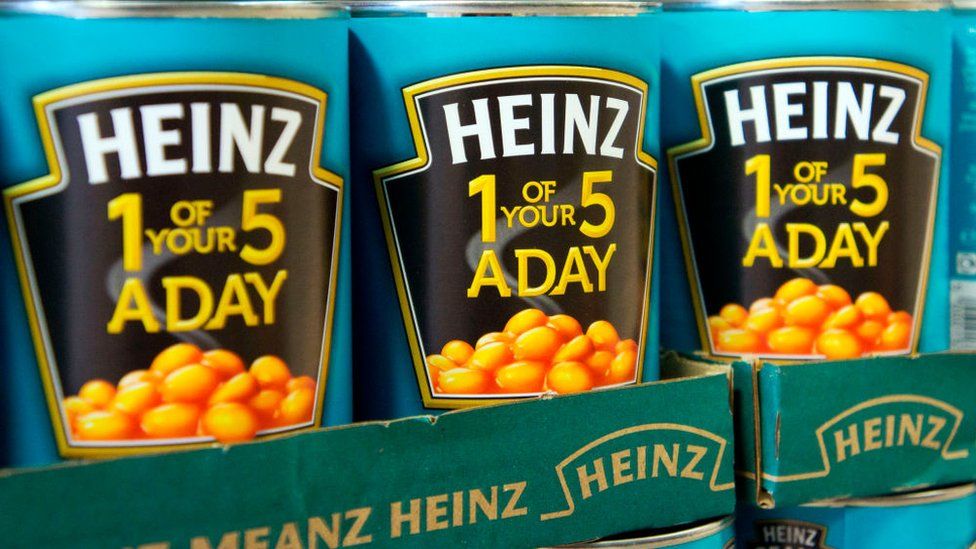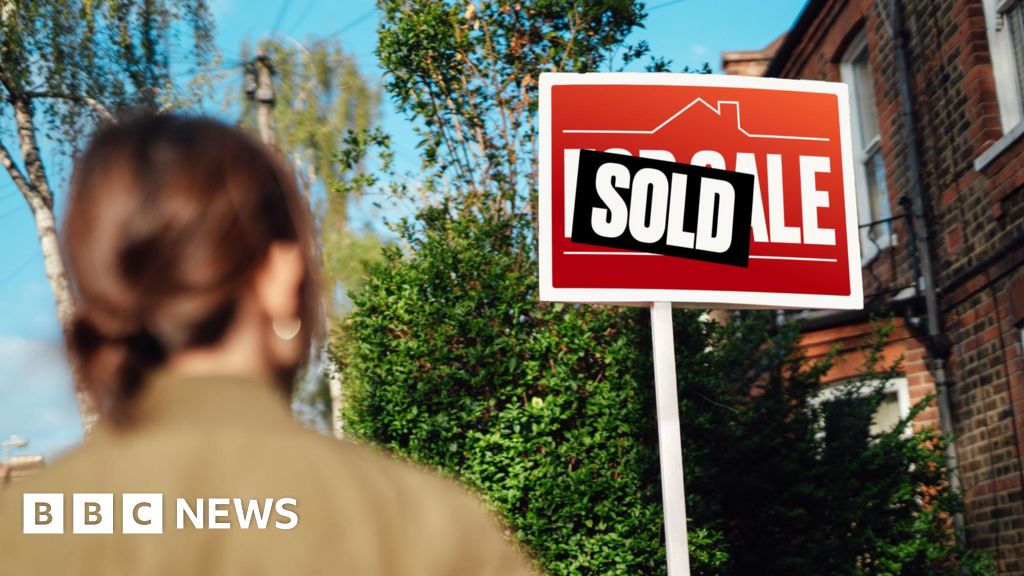ARTICLE AD BOX
By Emma Simpson
Business correspondent, BBC News
 Image source, Getty Images
Image source, Getty Images
Rows between big brands and supermarkets normally remain behind closed doors, but now one has dramatically burst into the open.
Britain's biggest retailer Tesco is at loggerheads with Kraft Heinz, one of the world's largest food manufacturers.
It's led to some of the country's favourite products such as Heinz ketchup and baked beans disappearing from Tesco's shelves.
Kraft Heinz has hit the pause button on deliveries in a disagreement over how much Tesco is prepared to pay for its products.
It's an illustration of the challenges facing suppliers and supermarkets as they grapple with huge cost increases.
But who should bear the pain of absorbing soaring raw material costs, energy price rises, and higher fuel bills for deliveries?
Price negotiations are happening across retail. They've been going on for many months.
"Suppliers are now saying: 'This is what I can afford to sell this product to you for. And if you don't agree I am going to stop supplying you,'" says Ged Futter, founder of The Retail Mind.
Image source, Getty Images
Image caption,Tesco says it is not prepared to pass on "unjustifiable price increases" to its customers
He knows more than most how fierce these discussions are. Mr Futter is a former buyer for Asda and now advises suppliers on how to negotiate with retailers.
"I've got a client who's having conversations as we speak with a retailer about a price that's needed, and that needs to be agreed tomorrow and if they don't agree it tonight the trucks will stop.
"I've never seen as many suppliers prepared to stop the trucks and I've got examples from every single retailer, except Aldi, of clients having to stop the trucks."
Supermarkets have buyers who agree deals with suppliers to provide them with products. For many items, like olive oil and tinned tomatoes, it can be an annual contract.
Both sides are allowed, under the Groceries Supply Code of Practice, to adjust terms and conditions. The editor-in-chief of the Grocer magazine, Adam Leyland, says in the past retailers typically demanded changes but now it is suppliers who are clamouring to renegotiate what they are getting paid.
"Suppliers are saying we need change and we need it quickly. Supermarkets have been dragging their feet for a long time. This has been building from last year and the dial has now turned up.
"It's fraught on both sides. This is not an easy time."
Image source, Getty Images
Image caption,For items like tinned tomatoes, suppliers and supermarkets can sign annual contracts
The entire food supply chain is facing a once-in-a-generation style rise in costs. According to the Office for National Statistics, the rate of inflation for manufacturers has now hit 22%.
So how do these negotiations work?
Ged Futter says suppliers are often asked to fill out a cost justification sheet to help retailers determine whether price increases are merited.
Everything that goes into making a product is broken down and scrutinised line by line.
"Take cardboard. The supplier might say, 'Ours has gone up by 40%.' But the retailer might say, 'Well our costs have only gone up by 20%, so I'm not giving you 40%, I'm giving you 20%,'" he says.
And he claims some supermarkets use delaying tactics to put off an increase for as long as possible.
"If a cost price increase is going to go live in 12 weeks' time, for example, what you'll probably get from quite a few retailers is radio silence for eleven and a half weeks."
Image source, Getty Images
Image caption,Heinz says its costs are going up and it's not prepared to compromise on quality
Supermarkets, with thin profit margins, are under pressure as well.
There's a battle in the aisles to keep prices as low as possible on the most popular products for customers.
Buying teams are being hit by demands from hundreds of suppliers all at the same time. And they want to make sure any cost increase is justified.
"There's always an element of suppliers adding on a bit," says one supermarket source.
Some of the costs are being absorbed and some are being passed on to shoppers. Food price inflation is currently running at around 8%.
Ged Futter says some of his clients are now in their fourth or fifth wave of cost price increases.
So who blinks first in the spat between Tesco and Kraft Heinz?
Image source, Getty Images
Image caption,The entire food supply chain is facing a massive rise in costs
Tesco is double the size of its nearest rival and has huge clout. Kraft Heinz is a global giant and one of the few big manufacturers with the power to stand its ground.
And, unusually, they've both issued public comments on the matter.
Tesco says it isn't prepared to pass on "unjustifiable price increases" to its customers. Heinz says its commodity and production costs are rising and it isn't prepared to compromise on quality.
Tesco clearly wants to be seen as a consumer champion as the cost of living crisis starts to bite.
Adam Leyland thinks the supermarket is sending a broader message to its big suppliers as well.
"I think they want suppliers to know that they're not going to roll over and accept everything that's pushed through," he says.
With hundreds of thousands of Heinz products sold every week, Tesco cannot afford to have empty shelves for long. The danger is shoppers may go elsewhere for their Heinz baked beans, and potentially their entire weekly shop.
Mr Leyland says it's a difficult balancing act to strike but that a deal will inevitably be done.
"I think they will try to come to an elegant compromise."

 2 years ago
51
2 years ago
51








 English (US) ·
English (US) ·